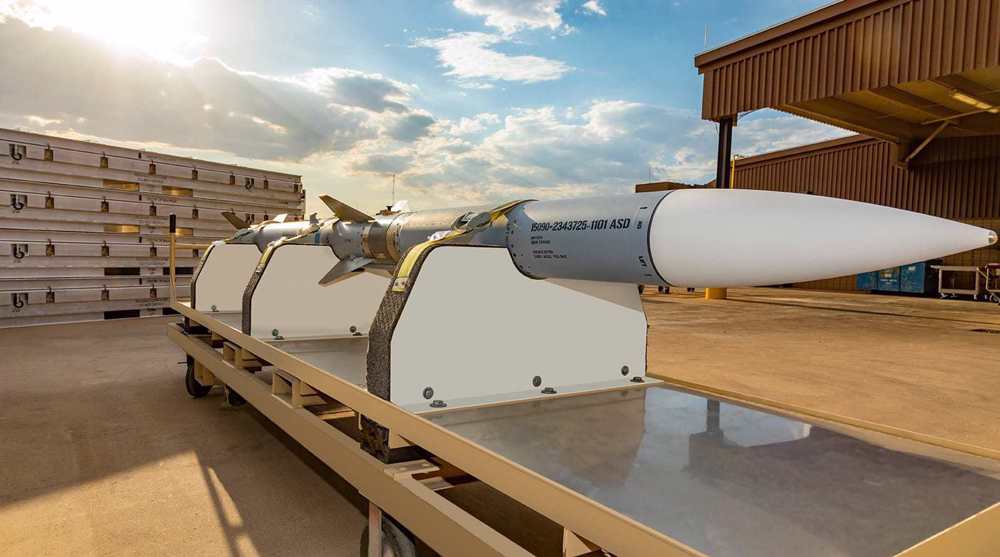Anger as Japan resumes work on US base in Okinawa
Anger is mounting as the Japanese government has resumed work on the construction of a controversial new US military base in southern Okinawa following a month-long suspension.
The government resumed work on the construction of the base on the island of Okinawa on Saturday. Almost one month of talks between Tokyo and Okinawa officials opposed to the plan failed to reach a compromise.
The resumption prompted Takeshi Onaga, the outspoken governor of Okinawa, to issue a statement, saying the move was "extremely regrettable."
"It was extremely regrettable. I will not let (the central government) build a new base in Henoko (district) by any means."
Onaga has vowed to "take every possible step to block" the construction of the new US military facility.
Okinawa’s residents have long been critical of the US military presence on the island.
On Saturday, a large number of demonstrators staged a mass protest in the Henoko district in central Okinawa, where the government of Prime Minister Shinzo Abe plans to build a replacement facility for the US base.

However, both Washington and Tokyo have repeatedly backed the relocation plan, with the Abe administration insisting it has been "the only solution."
The United States plans to move the Marines Corps' Futenma air base to a more remote coastal area called Henoko in Nago City to consolidate the presence of its troops in Okinawa.
The two governments in Washington and Tokyo first agreed in 1996 to relocate the base from a more congested part of Okinawa to Nago, but opposition from local people and environmental groups has prevented construction in the small town of nearly 60,000 people.
About half of the US forces in Japan are based in Okinawa. Many locals have complained about base-related crimes, noise and the risk of accidents.
The opposition by local residents also comes against the backdrop of the issue of sexual assaults by US military personnel in Japan, as many offending soldiers receive either no or very light punishments.
US military personnel have reportedly been involved in more than 1,000 sex crimes between 2005 and 2013 in Japan.

Indonesia joins BRICS bloc of developing nations as full member

Protesters in Sydney decry genocidal war in Gaza

US approves $3.6 billion sale of missiles to Japan
After 15 months, Israeli army admits to killing kibbutz settlers on Oct. 7
VIDEO | Press TV's news headlines
VIDEO | Israel bans UNRWA amidst war on Gaza
Gaza's Nasser Hospital on verge of closure as Israel blocks fuel deliveries: UK charity
Venezuela’s Maduro sworn in for third term, pledges to form 'new democracy'
Iran backs stable, independent Lebanon free from foreign occupation: Araghchi
Yemen defies a year of US-UK-Zionist aggression in solidarity with Palestinians
Yemen strikes US aircraft carrier in Red Sea as Israel hits Yemeni targets







 This makes it easy to access the Press TV website
This makes it easy to access the Press TV website